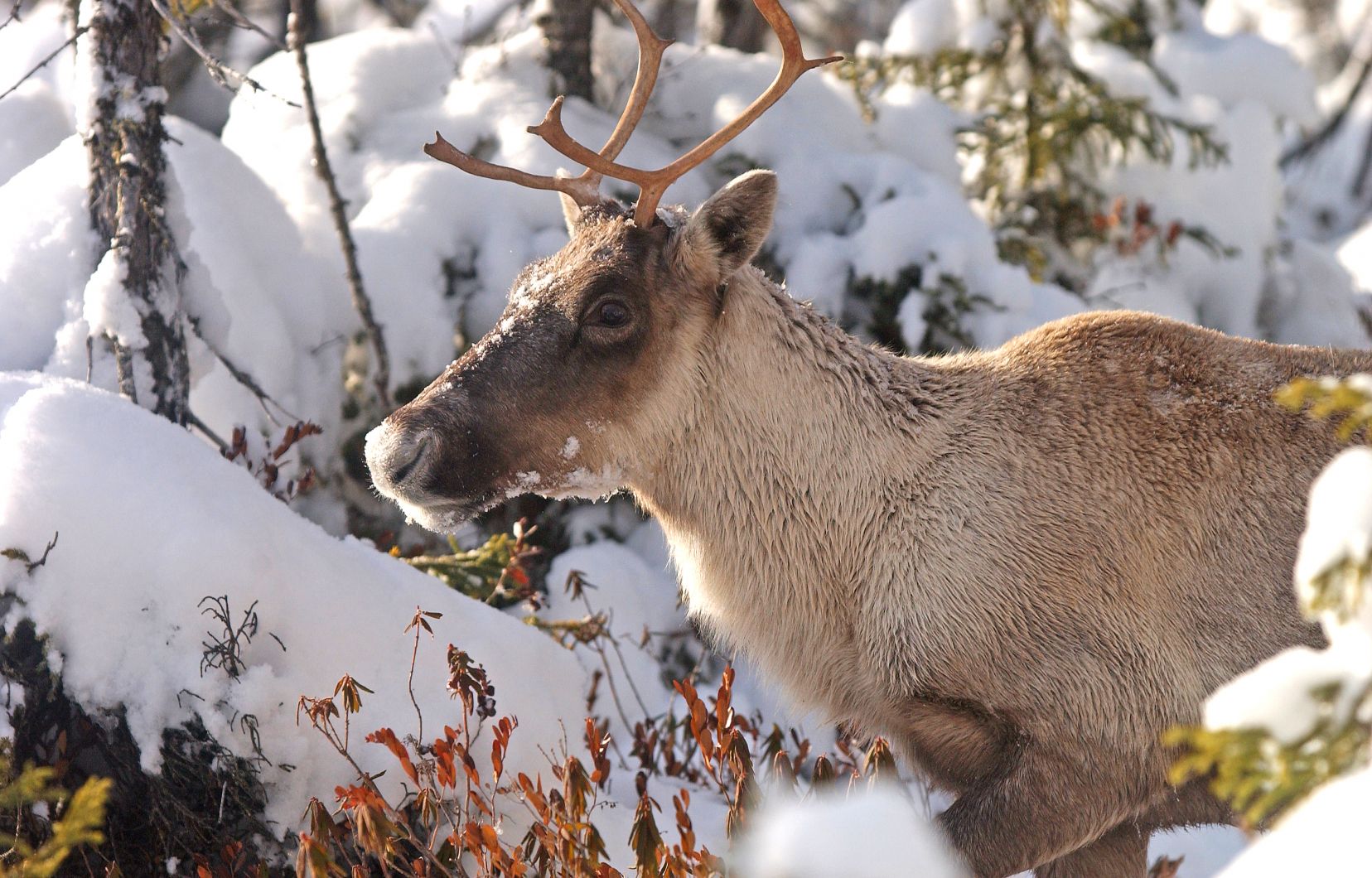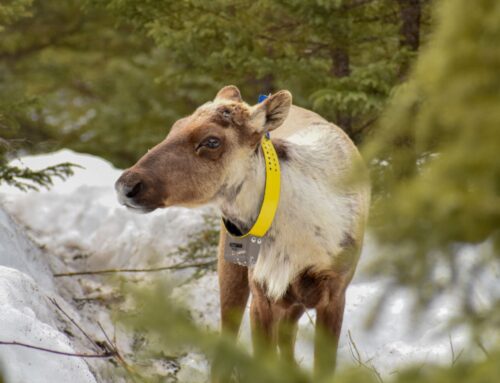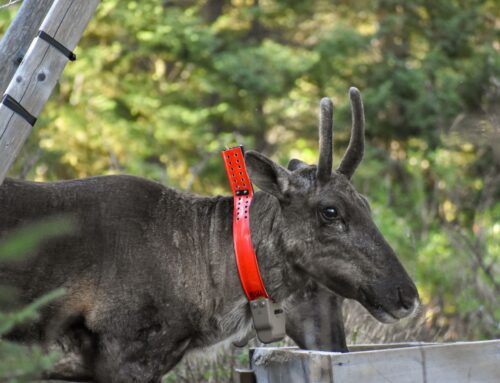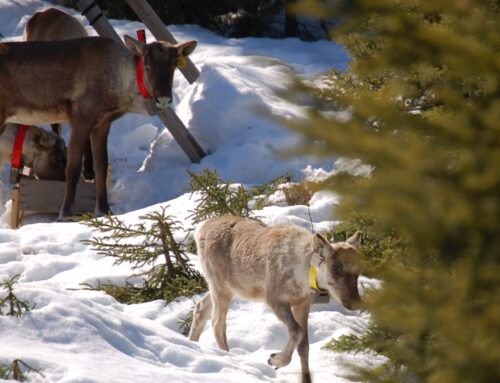Source: Le Devoir
Published on December 17, 2019
Voices are being raised to denounce the Legault government's decision to cancel the protection measures on three natural territories put in place to preserve woodland caribou habitat in order to provide new areas of cutting for the forest industry. University professors and researchers are asking Quebec to reconsider its decision, while the Innu Council of Pessamit is demanding better protection for this cervid, which is intimately linked to their culture.
In a letter obtained by Le Devoir and addressed to the Minister of Forests, Wildlife and Parks, Pierre Dufour, a total of 59 university professors and scientists criticize the decision, announced in a press release, to withdraw the conservation status of three forest massifs located in the Saguenay-Lac-Saint-Jean region that were subject to "administrative protection" prohibiting the industrial felling of trees.
What do you intend to do, concretely, to protect woodland caribou and their habitat? Your decision to open up 460 square kilometers of mature forest to logging is certainly not in line with our knowledge of the ecological requirements of the species, the authors of this letter point out.
These territories, which will be open to logging, had moreover been identified as suitable habitats for caribou. However, the Ministère des Forêts, de la Faune et des Parcs now states that "recent data from the tracking system shows that there are no caribou in these areas.
It should be noted that the Ministère's data on these territories does not include a recent aerial inventory, since the next one is scheduled for the winter of 2020, Le Devoir revealed last week. The most recent survey of this type (a step in the "government action plan" to protect caribou habitat and ensure "rigorous monitoring" of caribou populations) dates back to 2012. At that time, caribou were observed in at least one of the three massifs, namely the one located along the Péribonka River.
Innu culture
This massif is located in a sector where the Innu community of Pessamit is demanding the establishment of a protected area called Pipmuacan, on a territory that is "irreplaceable for the practice and transmission of Innu culture". This territory is also considered an important habitat for the woodland caribou, a species considered "threatened" for nearly 20 years.
In a press release on Tuesday, the Pessamit Innu Council reiterated its intention to "protect the Pipmuacan". "It must be noted that the stakes of the forest industry always take precedence over the stakes of biodiversity and aboriginal issues. This has to change," said Éric Kanapé, political advisor for the Pessamit First Nation.
According to the Innu community, "the decline of the woodland caribou in Quebec is a testament to this ecological imbalance. Recognized as an umbrella species associated with old-growth forests, its decline sends us the alarm signal that current forestry in Quebec does not allow us to maintain the original biodiversity of our boreal forests".
The Innu of Pessamit stopped harvesting this game more than ten years ago, thus sacrificing an important part of their culture. In return, what were the sacrifices made by the foresters who are scientifically recognized as the main cause of the species' decline? What have been the concrete actions of the Ministry of Forests, Wildlife and Parks during these years of increasing decline? It is high time the Quebec government took its responsibilities, according to Éric Kanapé.
« Ivory tower »
For the moment, and in the absence of a new balance sheet available, the population of woodland caribou is estimated at 6,000 to 8,500 individuals in Quebec. The objective of the Recovery Plan is to reach at least 11,000 caribou. However, the Legault government has decided to postpone the implementation of a caribou protection strategy" until 2023.
Faced with criticism from scientists who have been studying this threatened deer for several years, Minister Pierre Dufour replied last Wednesday by stating that one of these researchers, Professor Martin-Hugues St-Laurent, from the Université du Québec à Rimouski, was "sitting" in an "ivory tower".
The minister apologized on Friday. "I am fully aware that what I said at that time offended members of the scientific community. I would therefore like to offer my humble apologies. It has never been my intention to minimize the contribution of our scientists on such an important issue as the conservation of endangered species such as woodland caribou," he said in an official statement.





